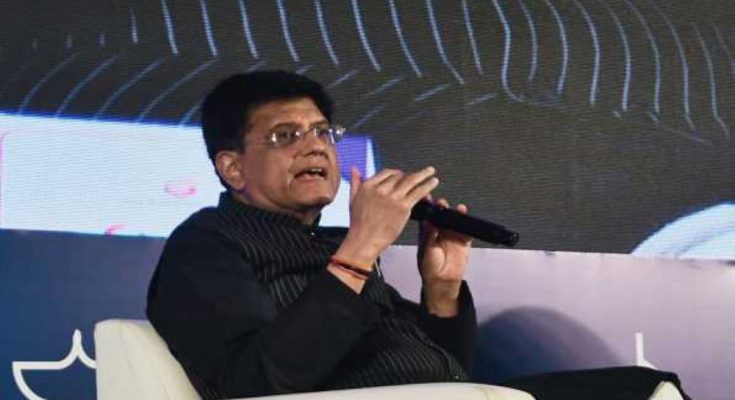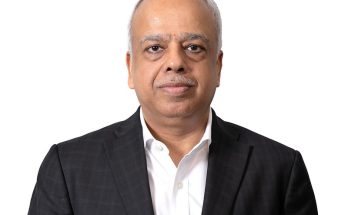#ElonMusk, #Tesla.EV, #TeslaImport, #PiyushGoyal
IBNS: Union Commerce and Industry Minister Piyush Goyal is scheduled to meet with Tesla CEO Elon Musk in the United States next week to further the U.S. carmaker’s efforts to enter the Indian market as New Delhi looks to protect its interests in the deal, Reuters reported.
This upcoming discussion between Goyal and Musk holds significant importance, following Musk’s meeting with Indian Prime Minister Narendra Modi in June. During that meeting, Musk expressed a strong interest in making substantial investments in India.
The talks between Musk and Goyal in the U.S. will primarily focus on Tesla’s intentions to establish a factory in India for manufacturing a $24,000 car, as well as sourcing more components and setting up a charging infrastructure nationwide, Reuters reported, citing a source.
Furthermore, it is anticipated that the discussion will also touch upon a new policy that India is currently formulating.
This policy is aimed at allowing automakers to import fully assembled electric vehicles into India at a reduced tax rate of 15%, a significant reduction from the current rates that can be as high as 100%, depending on their commitment to engage in local manufacturing.
This meeting is to ensure that talks between India and Tesla “are moving in the right direction,” the person added, the Reuters report stated.
For several months now, Tesla and India have been engaged in discussions over the possibility of setting up a factory. However, Tesla has been pressing hard for reduced import taxes for some of its high-end vehicles.
Prime Minister Modi’s office conducted a meeting with various ministries on Monday to fast-track the implementation of the new electric vehicle (EV) policy, said the report, adding that the government is currently assessing how the new policy might impact the Indian EV market.
Local car manufacturers have frequently voiced concerns that lower EV import taxes could disrupt the market and negatively affect their own plans.
In 2021, Tesla initially attempted to enter the Indian market, advocating for a reduction in the 100% import tax for EVs. However, negotiations fell through last year when officials communicated that the company would need to commit to local manufacturing first.





